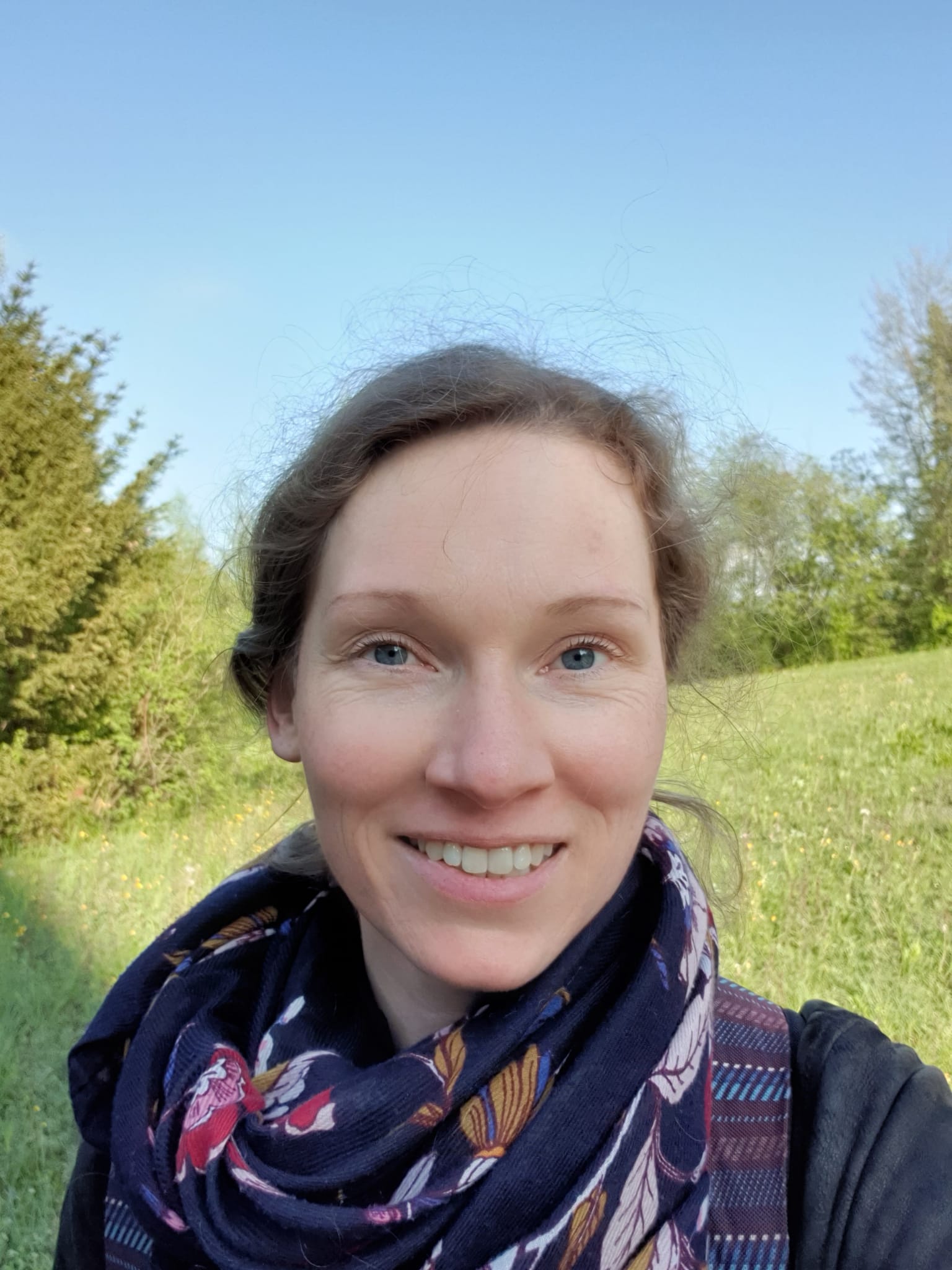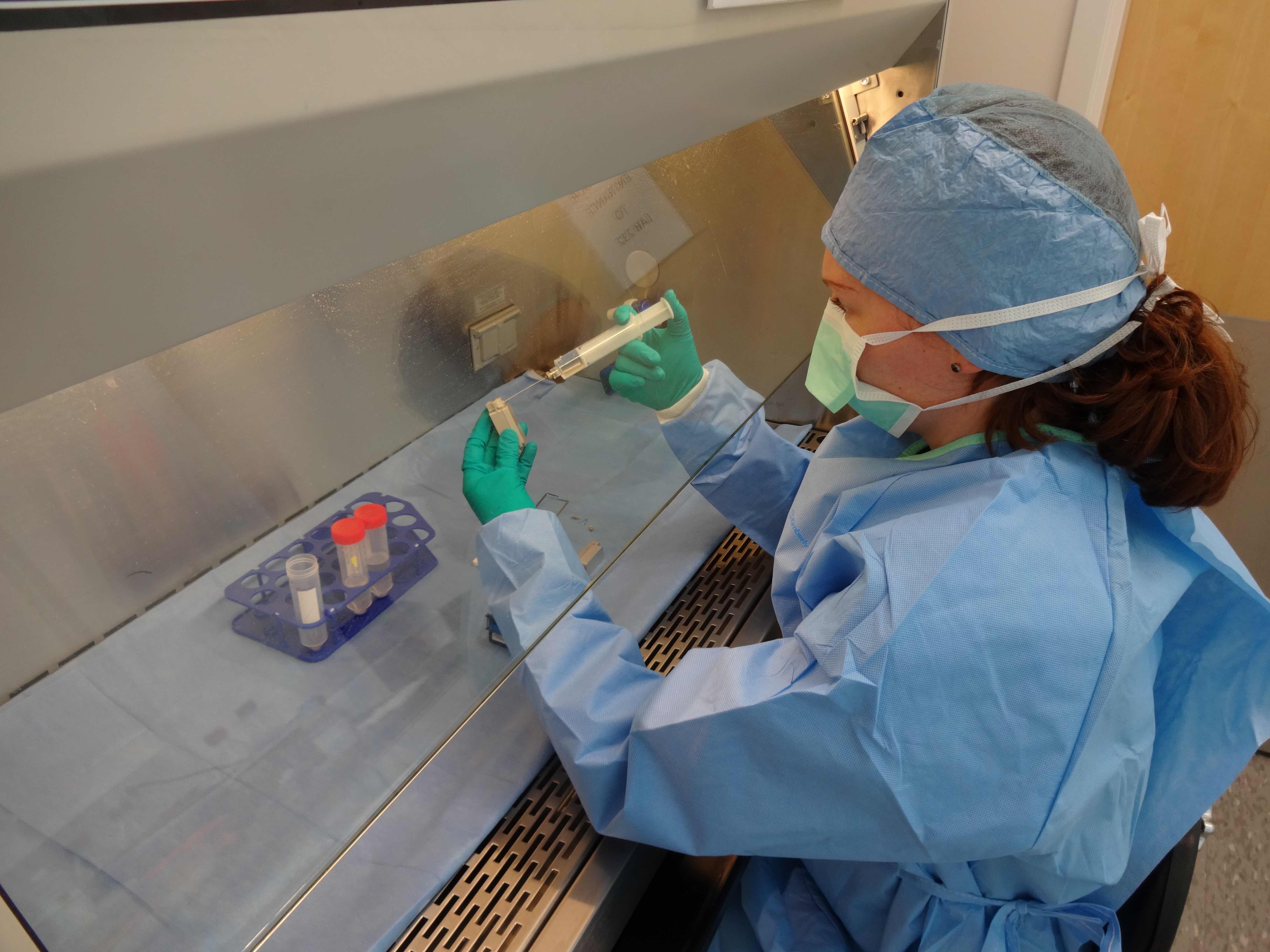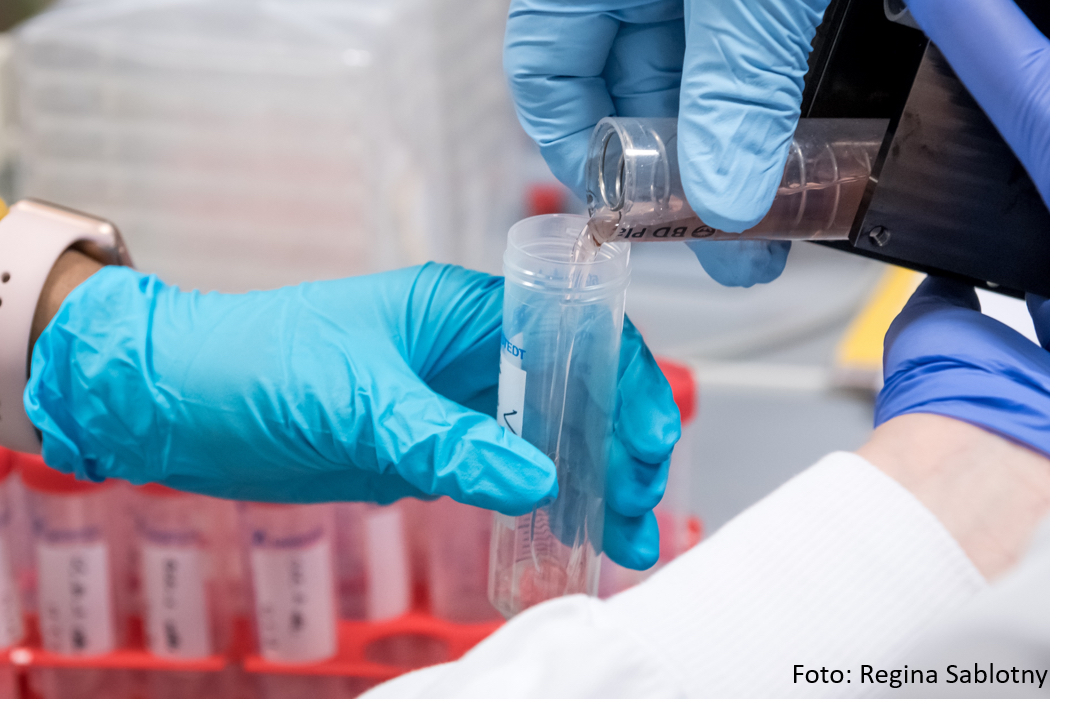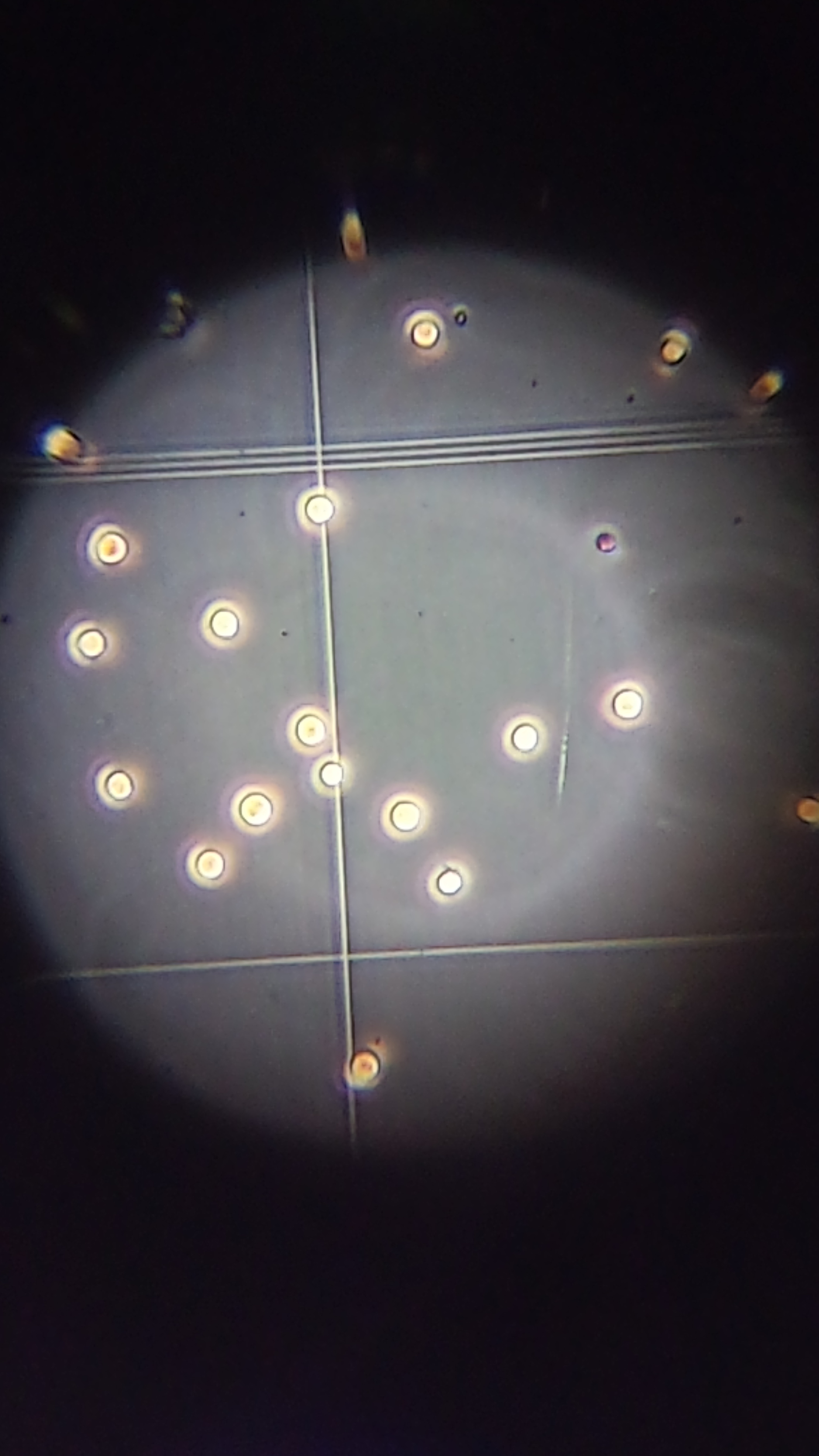Meet a Space Scientist: Svantje Tauber
This month we have interviewed Svantje Tauber, biologist and research associate in the group Cell Biology - Gravitational Biology and Biomechanics of Prof. Oliver Ullrich at the Institute of Anatomy, and Expert for Space Life Science at the UZH Space Hub. In this interview, she told us more about her research.

What is the main area of your research?
Our group investigates if and how Earth's gravity is required for normal cell function in human cells. We expose immune cells to normal gravity on Earth and to weightlessness / microgravity on parabolic flights, sounding rockets and on the International Space Station. The aim is to understand the genomic stability and gene regulation homeostasis during altered gravity and how the non-specific gravitational force is transduced into specific gene expression responses. This is interesting as basic research, and also essential for appropriate risk assessment, medical monitoring and potential countermeasures during space exploration missions, e.g. to Mars. Also, understanding these regulatory processes is beneficial for our life on Earth, as it could help to identify new therapeutic possibilities for instance for treating musculoskeletal degeneration.

What is your connection to the Space sector?
As our experiments require microgravity, we conduct them on parabolic flights or sent them to Space. Therefore, we are closely working together with space agencies (German Aerospace Center, ESA, NASA) and companies who supply space-approved experimental hardware to get our experiments running.

What do you like most about your job?
On the scientific site it has always fascinated me how questions can be answered by thinking up and conducting experiments. I guess the motivation of all scientific minds at all times humankind exists.
Since 2019, additionally to the purely scientific work, I have the possibility to work for the UZH Space Hub. Here we connect researchers, companies, and institutions from different space related fields, building bridges between disciplines, and fostering interdisciplinary and innovative projects. My duties include outreach-activities, personal contact to members, and organization of information events and trainings. This work is a real "hale" of interesting visions, ideas, and projects, which I absolutely enjoy.

What do you like about Space?
I find the existence of Space itself fascinating, in its "out of reach" and mysterious appearance. Actually it still seems very unreal to me.
What would be the greatest achievement in the Space Sector?
Answering the question if we are alone in the universe would be absolutely fascinating. Apart from that, it should be a goal to make mankind's expansion into Space go ahead with social justice, fairness and disarming of conflicts on Earth.
You are part of the UZH Space Hub: What do you think this will mean for you and your research?
To me, it gives a unique opportunity for networking and strengthening space activities within UZH. I think there is great potential at our university to push space enterprises to the next level and ensure space activities nationally and internationally.